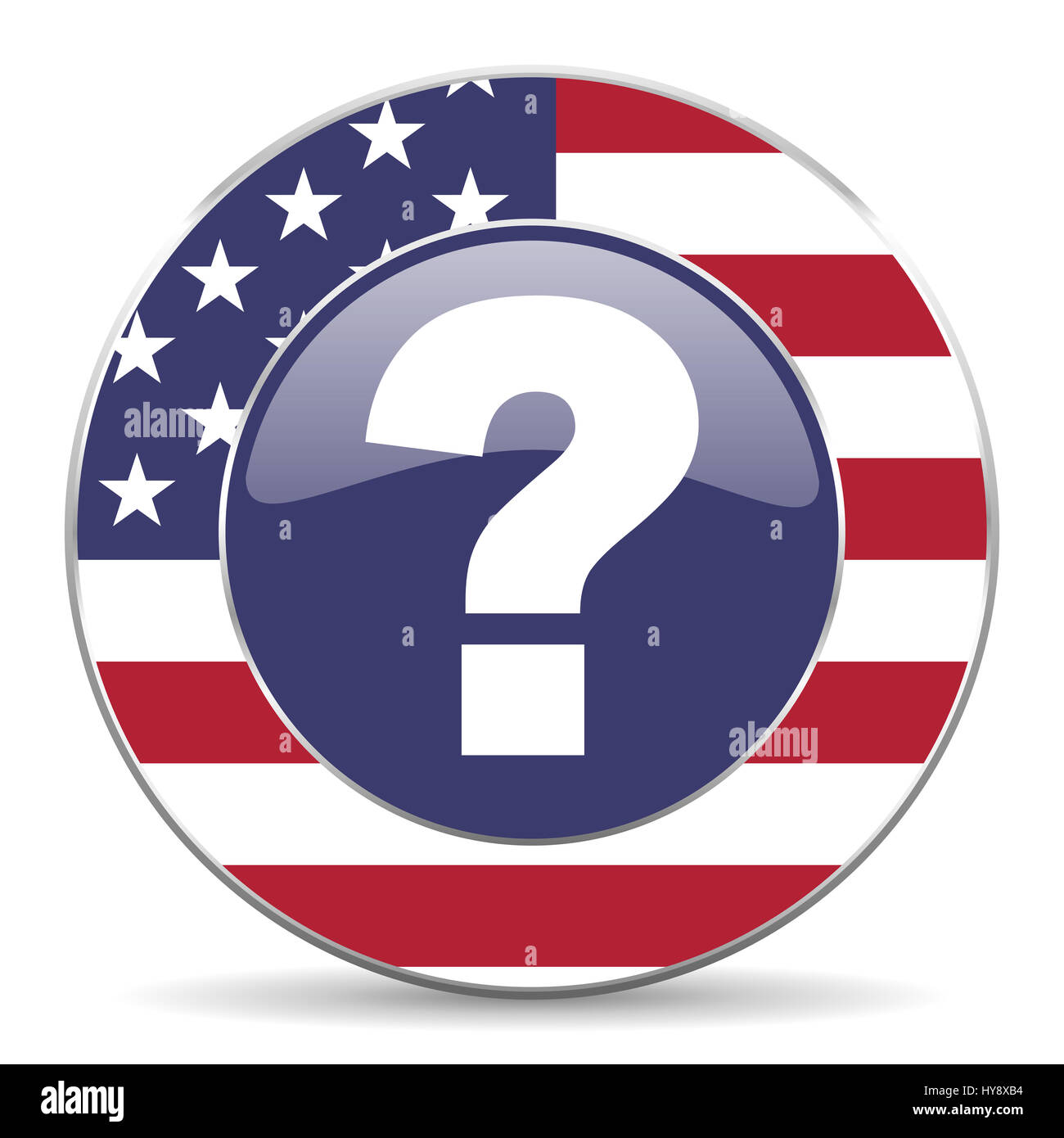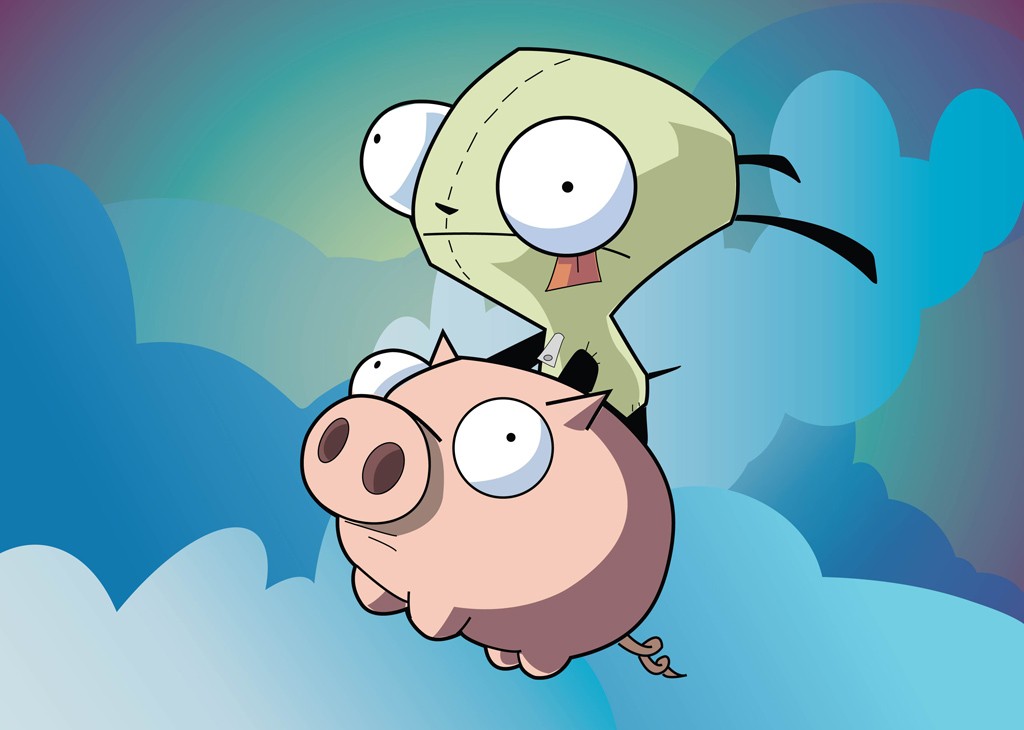Examples:
- One oh two Main Street
- Four oh seven PM
- Biology one oh one
- Eight six seven, five three oh nine
- Four oh four: Not found
Not just a US thing, so I hope this is okay to ask here. I have just never encountered this is any language other than English. Is it simply that O and 0 look similar, and that “oh” has fewer syllables than “zero”? I have not heard a good explanation from coworkers who I’ve asked.
It’s shorter than saying zero and it’s only ever used where context makes the it obviously not the letter. Also, almost all of the other digits are single syllables too. Seven is arguably (I’m no linguist) the only other multi-syllable digit and I think it gets a pass because it’s barely more than a single syllable unless you emphasize it.
They used to call them ‘oughts’, maybe it’s an ‘oh’ for oughts?
Definitely not just a US thing, and it really is just the difference in syllables.
There’s a fancy name for it in linguistics, but shortening words in speech and writing is a thing that’s human.
Not every language shortens every word, obviously. But when something is common enough in usage, it gets as short as possible.
Zero is one of two single digits with multiple syllables. I’m still surprised seven hasn’t gotten trimmed down in speech yet. Closest I’ve heard is “seb’n”, which is a teeny bit faster because of three way the lips move with a b vs a v.
Since there’s a letter sound that closely matches the written numeral (and, being real, they’re written the same, just not machine printed the same), it just makes sense that “oh” gets substituted rather than it getting elided in some way.
This is probably a better question for an “ask linguistics” community or something, because yes, this behaviour does not seem to stem from any culture. But still, why only English? Spanish, Italian, French, and probably others also have a two-syllable word for the digit 0, but only in English is it commonly substituted for the letter O.
I’m just musing, but I wonder if there’s anything to the fact that in Italian, zero is already a contraction of the earlier zevero or zefiro, and speakers of other Romance languages maybe would have felt that idea intuitively or even, among certain groups, explicitly.
Then there’s the fact that French just get pissy about linguistic change generally. 🤣
That’s a harder question.
Part of it is the written version. O and 0 tend to look the same, so there’s a tendency to think of them as the same.
Part of it is the “hardness” of the syllables. Zero vs cero vs zéro, vs the confusing mass that is zero in Italian.
I hear less Spanish people say O, and I think that’s because cero is pronounced almost as a single syllable. The r is short, and the O is said with almost no lip shaping.
Contrast that with French where it’s distinctly zay-ro or zay-ruh with that nasal thing on the last syllable.
But, I have less exposure to French speakers (really only french Canadiens, a few cajuns and Creole, and whatever is on tv), so my sources could be skewed. Since all my experience with French speakers saying “oh” (usually with that nasal thing) is pretty much from people living in the US, it could be they picked it up from English.
My exposure to Italian amounts to chef boyardee and one exchange student
I have heard Germans do it when reading off telephone numbers, and I mean from Germany, not even living here in the states.
In Japanese, they sometimes call 0 ‘circle’ (maru).
Very much not an American thing or even an English language thing.
Yeah, but it just gets shortened to 零, れい, one syllable.
Edit: I would much rather say れい than ゼロ, just slides off the tongue faster.
Rei and maru are not related to one another. Rei is used a lot less frequently than you would think.
Has my Japanese gotten that bad that I’m being corrected on that too? That was my first language.
sigh
Oh! A native speaker! I’ll take this opportunity to ask: Is there a distinction between 零 and ゼロ or is it more or less interchangeable?
Is it simply that O and 0 look similar, and that “oh” has fewer syllables than “zero”?
They look aimilar and in some sentences it just rolls off the tongue better ‘3 oh 5’ for the time of day for example just sounds ‘better’. A lot of english wording seems to favor sounding ‘better’ when it is less rigidly structured. It might be rrlated to how english as a language loves to incorporate words and phrasing from other languages so frequently that being inconsistent ends up being a feature as it allows for easy additions.
Both. The letter ‘O’ and the number zero look similar, and it’s half the syllables making it easier when reading out a string of numbers. Like how saying “World wide web” is less syllables to pronounce than “www”.
And in the trend of languages adapting to usage, saying “www” seems to have dropped off once browsers started automatically inserting it and making it the default prefix if another isn’t used. Not that it isn’t used, just far less.
I usually pronounce www as “dub dub dub” if it is absolutely necessary to be spoken.
If that puts me on anyone’s “to be punched” list, so be it.
Is James Bond Zero-zero-seven or oh-oh-seven?
Genuinely asking, it’s been a while I watched a James Bond movie
Another great example! It’s pronounced “double oh seven” in the original English films, but I believe foreign dubs pronounce it correctly as “cero doble siete” or equivalent.
It’s pronounced
’oas a contraction ofzero.People used to say aught for zero. Might have evolved from that.








